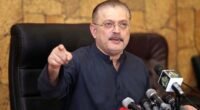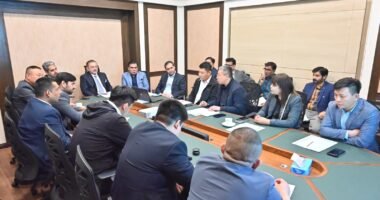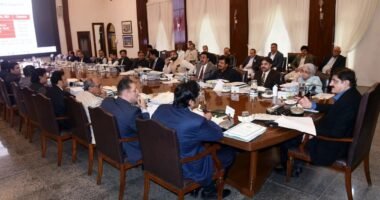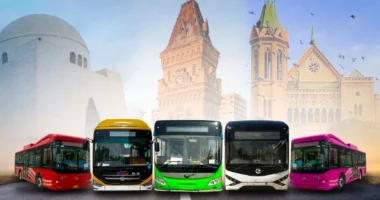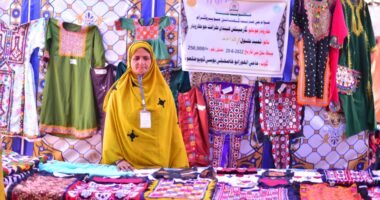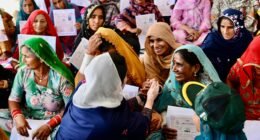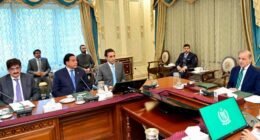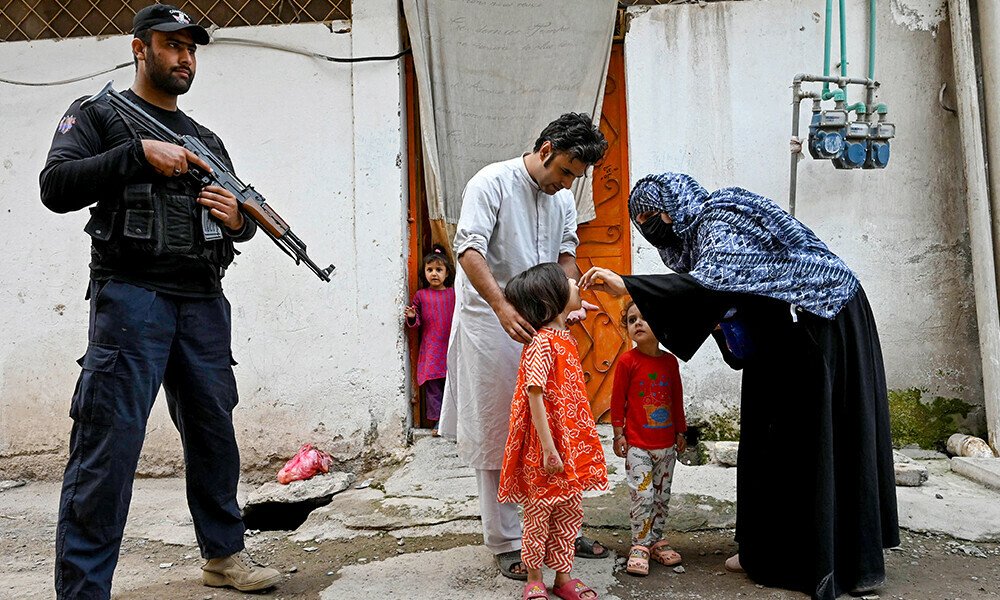
The Polio Oversight Board (POB), the key global body overseeing polio eradication efforts, recently reviewed Sindh’s progress in tackling polio, with a particular focus on the resurgence of wild poliovirus. The meeting, chaired by Sindh Chief Minister Murad Ali Shah, was attended by prominent international experts and officials, including Dr. Hanan Balkhy (WHO Regional Director), Sanjay Wijesekera (UNICEF Regional Director), Aziz Memon (Rotary Foundation Trustee), and representatives from the US Centers for Disease Control and Prevention (CDC) and King Salman Humanitarian Aid and Relief Center (KSRelief).
In the meeting, the Chief Minister briefed the delegation on Sindh’s response to the rise in wild poliovirus type 1 (WPV1) cases, reporting 13 new cases this year after a gap of 34 months without new infections. As part of an intensified effort, the province has deployed 4,500 additional staff and enlisted the support of local parliamentarians to address vaccine refusals in high-risk areas. This has resulted in a 50% reduction in refusal rates. More than 10.6 million children have been vaccinated through recent campaigns, with the assistance of 20,000 police personnel ensuring the safety of vaccination teams.
The vaccination campaigns in September and October have seen significant success, with Local Quality Assessment Survey (LQAS) pass rates of 89% and 84%, respectively. However, Chief Minister Shah emphasized the need to continue addressing vaccine hesitancy, particularly in areas where misinformation and community resistance remain high. He expressed deep gratitude for the continuous support from global partners, including the Bill and Melinda Gates Foundation and Rotary International.
POB Chair Dr. Chris Elias praised Sindh’s efforts, acknowledging the province’s substantial progress in polio eradication despite the challenges posed by Karachi’s dense population and high community mobility, which complicate vaccination efforts. Dr. Elias expressed confidence in the teams’ ability to eliminate the virus from the environment.
Sindh’s Health Minister, Dr. Azra Fazal Pechuho, reaffirmed the government’s commitment to closing immunity gaps, particularly in high-risk areas like Karachi. She highlighted the importance of both local and global partnerships in achieving the goal of polio eradication. “With the steadfast support of the Sindh government and our global partners, we are committed to protecting every child and eliminating polio from the province,” she said.
The continued focus on immunization and the collaboration between local and international agencies aim to ensure that Sindh remains on track to eliminate polio and protect children from this debilitating disease.
